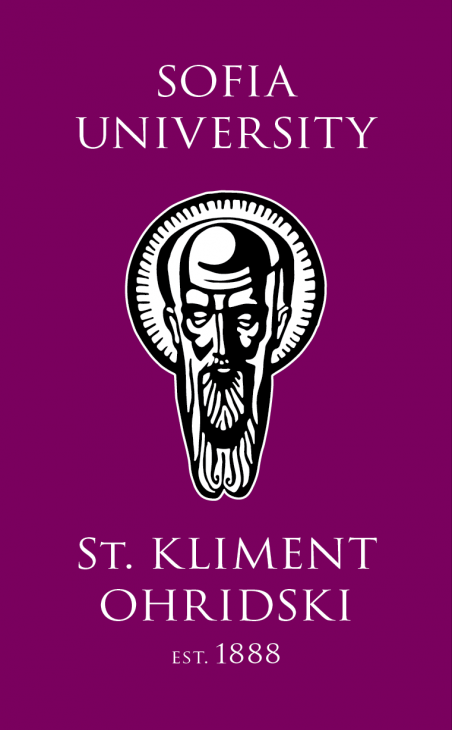 for students
for students
in the final year of their Masters programme,
PhD students and postdoctoral students
Objectives
The aim of the SU Mentoring Programme for young researchers - Masters, PhD students and post-docs, is to unite the efforts of the SU academic staff in supporting early career researcher to achieve faster and more effective results in terms of:
- orientation in the scientific environment,
- mastering the organizational culture at SU,
- planning of scientific career,
- creating and developing an own network of scientific contacts,
- acquiring scientific work skills applicable in other fields – so-called “soft” skills,
- mastering and/or improving teaching competences.
Advantages of participating in the programme
The advantages and benefits of participating in the programme are twofold. Both the young scientist and the mentor will be able to:
- develop new skills and knowledge,
- create new contacts and expand their scientific network,
- create professional and interdisciplinary collaboration,
- help achieve their scientific goals through shared experiences and ideas.
Key elements of the programme
Two target groups:
- researchers with low experience, at the beginning of a career – students in the final year of their Master's programme and wishing to start a PhD, PhD students and post-docs, and
- mentors - researchers with sustained academic and research experience willing to support the development of young researchers and university teachers.
Six preliminary topics for discussion
- Scientific research environment and scientific research activity, academic writing, academic reading.
- Organisational and administrative dimensions of the academic communication at SU "St. Kliment Ohridski", participation in projects.
- Academic teaching.
- Scientific career planning and development - self-assessment and creating a development plan, career opportunities in and outside the academic environment – carried out jointly by the mentor and EURAXESS centre.
- Creation and development of a scientific research network of contacts – carried out jointly by the mentor and EURAXESS centre.
- Developing scientific research skills applicable to other areas – so-called “soft” skills, early career stress management – carried out jointly by the mentor and EURAXESS centre, and courses are recommended.
The mentoring pair should work on at least 3 of the topics listed above. The interaction is virtual or face-to-face - at the choice of the participants, and at least 1 of the meetings must be attended. The schedule is negotiated between the mentor and the young scientist. Duration – the mentor and the young researcher should have at least 6 online / face-to-face (optional) sessions over a maximum period of 6 months. The areas of expertise of the participants in the pair are expected to be different.
Interaction between the mentor and the supervisor of doctoral and post-doctoral students
The activities, objectives and duties of the mentor and supervisor are substantively different. They share the workload and responsibility for the development of the young scientist, with the mentor dealing with general guidance and assistance for orientation and adaptation to the scientific environment and commitments, and the supervisor – with the implementation of the specific scientific (dissertation) research. Therefore, it is recommended that their expertise should be from different scientific and academic fields. This shared responsibility and workload will contribute to:
- faster and more effective results in the development of the young scientist;
- developing a spirit of cooperation in the academic staff;
- developing a sense of a common goal and collectiveness in its achievement;
- greater responsibility to the fate of the young scientist;
- better mental health of the young scientist, by reducing stress and disorientation in the early stage of their career;
- better environment in the university's academic community - bringing together and getting to know each other academics and communities from different scientific fields and schools;
- better and effective integration of foreign PhD students into the different national and organisational culture.
It is intended to develop training for mentors in the future to support their activities and to develop the skills, abilities and desire for mentoring in the academic staff. It is envisaged that voluntary participation at the beginning will gradually become encouraged and contribute to each participant's attestation as a mentor.
Mentoring can be carried out both by full-time lecturers and researchers (on a permanent contract) and by part-time (including retired) lecturers and researchers at the scientific units (departments, laboratories, faculties, centres) of the Sofia University.
To video recording of "Opening of the Sofia University Mentoring Program" (the event was held in Bulgarian)
Contact for assistance: mentoring@fmi.uni-sofia.bg
